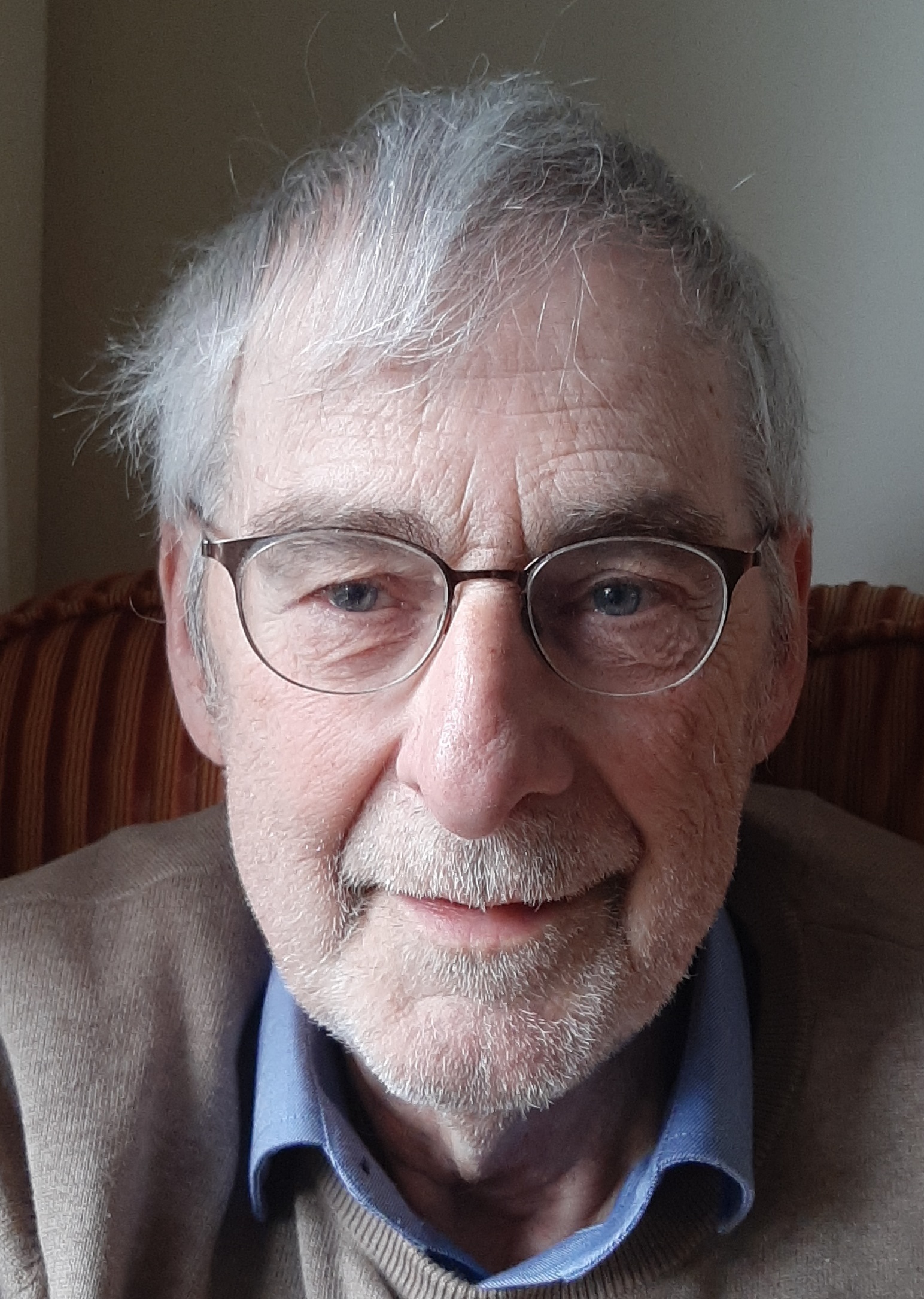Collection
Approaching Probabilistic Truths
- Submission status
- Closed
Karl Popper defended in the 1960s the idea that scientific progress consists in the approach towards truth. After the failure of his attempt to define the comparative notion of “closeness to the truth” in 1974, several approaches were developed by logicians and philosophers of science to provide a sound explication of the notion verisimilitude or truthlikeness. Such approaches face two related challenges. The first is the “logical” problem of verisimilitude, which consists in finding an optimal definition of closer to the truth, possibly based on an adequate notion of distance from the given truth. The second is the “epistemic” problem of verisimilitude, which consists in evaluating claims of truth approximation in the light of empirical evidence, even when the truth is unknown.
With few exceptions, contributions to this research program have assumed some kind of “deterministic” truth to be approached. This target could be the descriptive or factual truth about some domain of reality or the “nomic” truth about what is physically possible. Given the widespread use of probabilistic and statistical methods in all branches of both theoretical and applied science, however, it seems clear that adequate theories of truth approximation should be able to deal also with the problem of approaching probabilistic truths. Here the truth may concern statistical facts, or the objective probability distribution of some process, or fully probabilistic laws. Relaxing the deterministic assumption requires an extension of current theories of verisimilitude, and raises again both the logical and the epistemic problems.
The prospects of such a project were examined in the symposium on “Approaching Probabilistic Truths, in Comparison with Approaching Deterministic Truths”, jointly organized by Theo Kuipers and Ilkka Niiniluoto in Prague in August 2019, on the occasion of the 16th International Congress of Logic, Methodology and Philosophy of Science and Technology (CLMPST 2019). The lively debate in this symposium was included and continued in Synthese in the Topical Collection “Approaching Probabilistic Truths”, whose ten papers tackle the issue of probabilistic truth approximation, featuring both proposals based on existing theories of truthlikeness and new methodological ideas from related approaches.
Editors
-
Gustavo Cevolani
Gustavo Cevolani is Associate Professor of Logic and Philosophy of Science at the IMT School for Advanced Studies Lucca (Italy). He studied in Bologna and Konstanz, and he obtained his Ph.D. in Philosophy of Science in 2005 from the University of Bologna. His main research interests are in general philosophy of science and formal epistemology, focusing on the analysis of rationality, cognition, and scientific progress. Starting with his Ph.D. dissertation, he has worked and extensively published on the notion of truth approximation
-
Ilkka Niiniluoto
Ilkka Niiniluoto has made his academic career at the University of Helsinki, Finland: Master of Science (1968), Doctor of Philosophy (1974), Associate Professor of Mathematics (1973-1977), Professor of Theoretical Philosophy (1977-2014), Rector (2003-2008), and Chancellor (2008-2013). Niiniluoto has worked in philosophical logic, philosophy of science, epistemology, and philosophy of culture. His main works include Is Science Progressive? (1984), Truthlikeness (1987), Critical Scientific Realism (1999), and Truth-Seeking by Abduction (2017).
-
Theo Kuipers
Theo Kuipers (1947) studied mathematics and philosophy. His Phd was about inductive probability. He is emeritus professor in philosophy of science at the university of Groningen (NL). Besides on other topics (Structures in Science, 2001), he published since 1982 on qualitative truth approximation, culminating in From Instrumentalism to Constructive Realism (2000) and Nomic Truth Approximation Revisited (2019). Since this collection, his focus is on quantitative truth approximation. He edited the Handbook General Philosophy of Science (2007).
Articles (11 in this collection)
-
-
Tracking probabilistic truths: a logic for statistical learning
Authors
- Alexandru Baltag
- Soroush Rafiee Rad
- Sonja Smets
- Content type: Original Research
- Open Access
- Published: 08 September 2021
- Pages: 9041 - 9087
-
Approaching deterministic and probabilistic truth: a unified account
Authors
- Gustavo Cevolani
- Roberto Festa
- Content type: Original Research
- Open Access
- Published: 23 July 2021
- Pages: 11465 - 11489

-
Degrees of riskiness, falsifiability, and truthlikeness
Authors
- Leander Vignero
- Sylvia Wenmackers
- Content type: Original Research
- Open Access
- Published: 23 July 2021
- Pages: 11729 - 11764

-
Approaching probabilistic laws
Authors
- Ilkka Niiniluoto
- Content type: Original Research
- Open Access
- Published: 09 July 2021
- Pages: 10499 - 10519

-
Approaching probabilistic and deterministic nomic truths in an inductive probabilistic way
Authors
- Theo A. F. Kuipers
- Content type: Original Research
- Open Access
- Published: 09 July 2021
- Pages: 8001 - 8028

-
Truthlikeness for probabilistic laws
Authors
- Alfonso García-Lapeña
- Content type: Original Research
- Published: 18 June 2021
- Pages: 9359 - 9389

-
Propositional and credal accuracy in an indeterministic world
Authors
- Graham Oddie
- Content type: Original Research
- Published: 25 May 2021
- Pages: 9391 - 9410
-
Scoring, truthlikeness, and value
Authors
- Igor Douven
- Content type: Original Research
- Published: 28 April 2021
- Pages: 8281 - 8298

-
Probabilistic truthlikeness, content elements, and meta-inductive probability optimization
Authors
- Gerhard Schurz
- Content type: Approaching Probabilistic Truths
- Open Access
- Published: 30 March 2021
- Pages: 6009 - 6037
-
Probabilistic truth approximation and fixed points
Authors
- David Atkinson
- Jeanne Peijnenburg
- Content type: Approaching Probabilistic Truths
- Open Access
- Published: 19 December 2020
- Pages: 4195 - 4216





